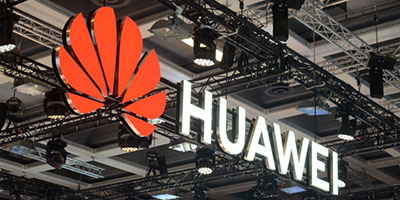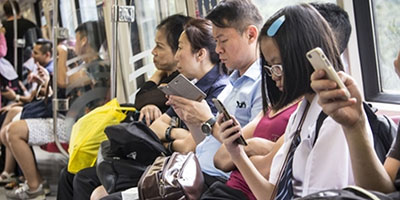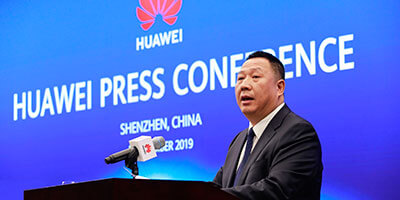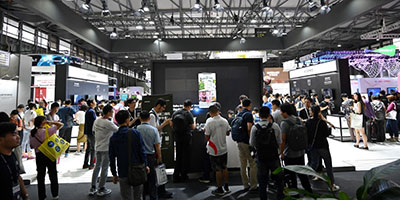A special report by Telecom Review 5G technical investigative team
As many operators around the globe have or are preparing to deploy and launch 5G networks and devices, the 3.5 GHz band has emerged as the de-facto band for most deployments, which has created economies of scale for devices and network equipment.














